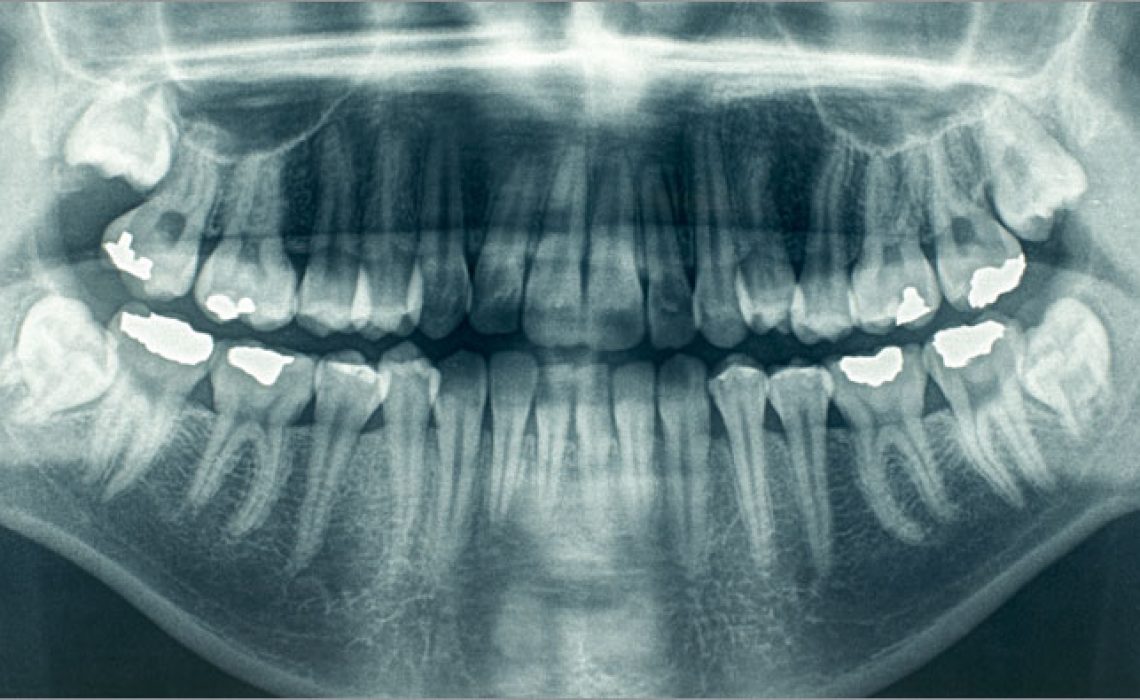Milton Dental X rays – Xrays Of Teeth
Dental X rays are very important to a dental analysis. They provide the dentist with a detailed overview of what the issues are in the mouth, it helps the dentist determine the patient’s exact issue before it becomes a bigger problem.
There are 2 different types of X-rays used by dentists, intraoral & extraoral. Intraoral is the X-ray that is done inside of the mouth, this is the most common type used by dentists. Intraoral X-rays provide dentist with very detailed information about the patient’s oral health including, finding cavities, looking at the roots of the teeth, check the area surrounding the tooth that has a lot of bone, check how teeth are developing. There are also different types of intraoral X-rays, which show different areas of the teeth. Bite-Wing X-rays focus on the back teeth, the molars, and the teeth in front of the molars, dentists usually take one or two of these X-rays. Periapical X-rays focus on two teeth at a time, this type of X-rays shows an image of the whole tooth from top to bottom. Occlusal X-rays are the largest type of X-rays; it focuses on teeth development and is usually used when treating children. The image is usually taken of the upper or lower part of the mouth and it shows the full arch of the teeth.
Extraoral X-rays are images caught by placing the X-ray sheet on the outside of the mouth. Although these X-rays focus on the teeth, they also capture images from the patient’s skeleton as well as the jaw alignment. They are great to capture images for different purposes such as ensure that children’s teeth are developing normally and without issues. If the patient is dealing with an issue that has impacted the teeth, this X-ray can help keep track of how the teeth are healing.
X-rays are normally performed in the dentist’s office by a technician; the images are saved in the patient’s file for record purposes.
The information provided is for general information purposes only and not intended to replace professional care. Please consult your physician or dentist for advice and diagnoses so you can be properly treated for your specific situation.


